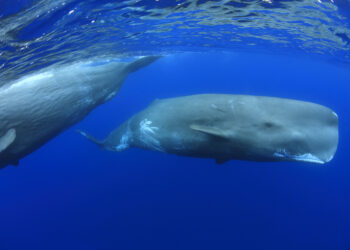Today marks the end of the 2024 SSP Annual Meeting, and while the meeting (at least so far) has been a joy, it also comes with the burden of processing all of the information one receives throughout the days of sessions and networking. So we’ll take it easy on your brain today and just offer up some fun with spelling. While many in the general public may not think of spelling as “fun”, we at The Scholarly Kitchen know that the many editors in our audience can’t help but enjoy trying to figure out how “ghoti” actually spells “fish”. Below, a look at why this is so, and how the English language got to be such a muddle of inconsistent spellings.
Discussion
4 Thoughts on "Why Are English Language Spellings So Weird?"
I tried to ask my neighbour about the “I before E” rule, but he feigned counterfeit absenteeism. Mind you, he and his eight rottweilers are feisty atheist foreigners.
English spelling is weird in order to make games like Wordle challenging and addictive.
And yet somehow English became the global language of science publishing. I suppose there just had to be some common language.
Instead, English grammar is so easy. That is why it is used as a *lingua franca*


